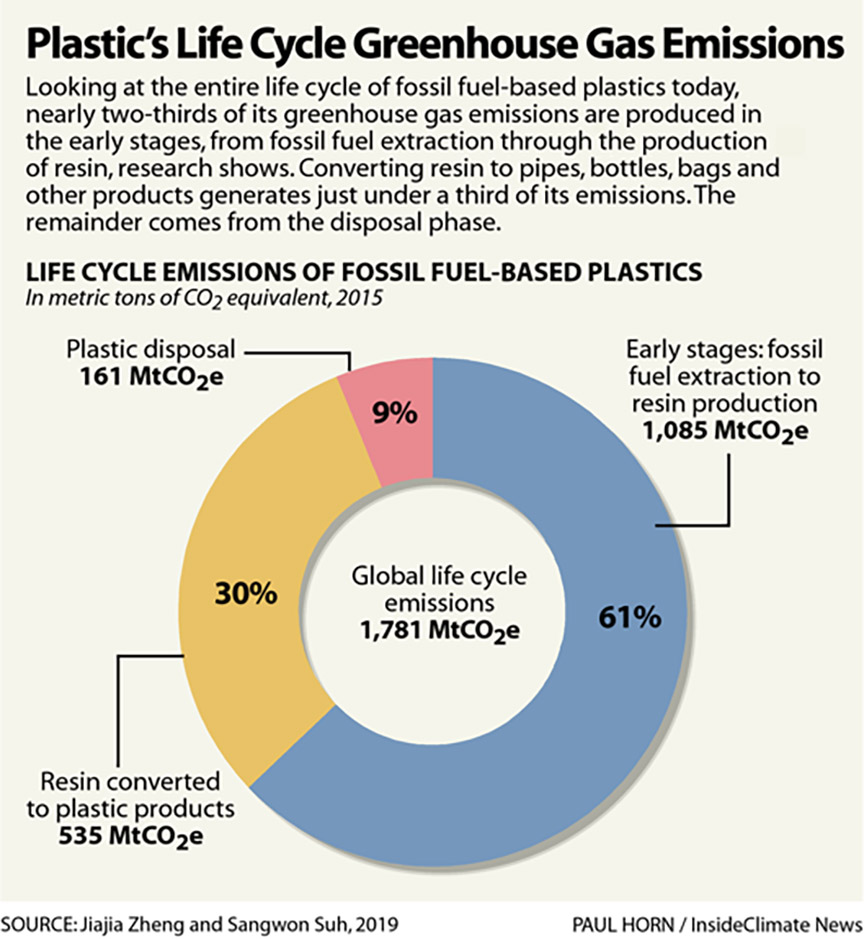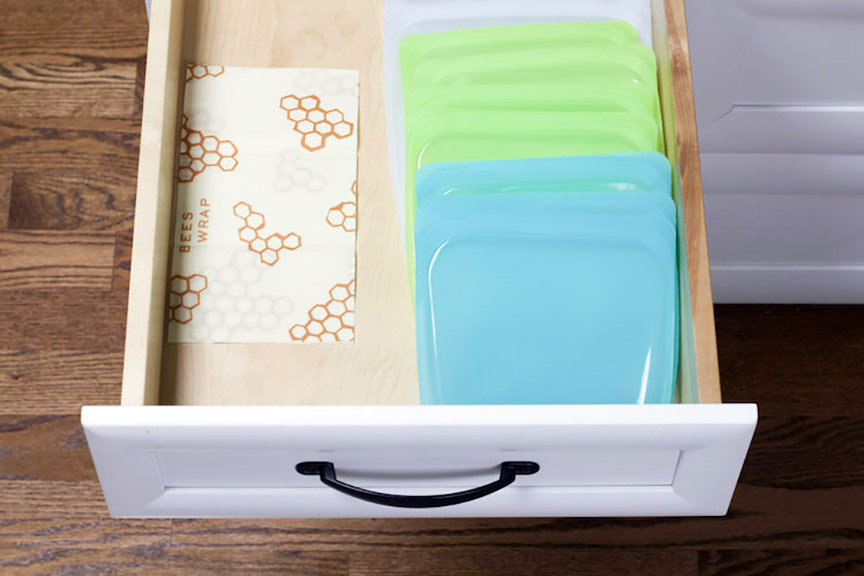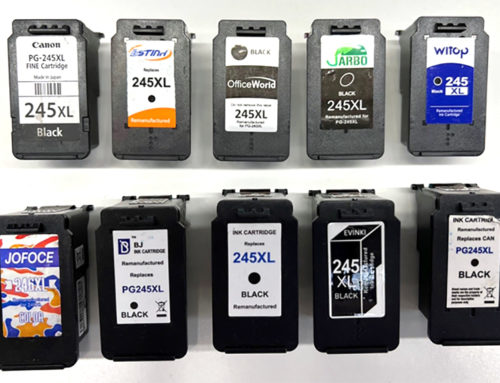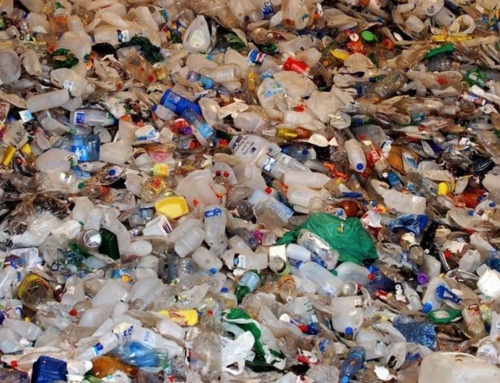In the pursuit of a plastic-free lifestyle, one of the most challenging hurdles to overcome is the ubiquitous Ziplock bags. They’re so damned convenient. From packing snacks for toddlers to organizing household items, these disposable plastic bags have become an integral part of daily life. However, there are alternatives that can help minimize our reliance on plastic and contribute to a more sustainable kitchen.
- Extend the Life of Ziplock Bags:
While zip-top plastic bags are designed for single-use, they can be made to last longer with a bit of care. Freezer bags, in particular, are sturdier and can withstand multiple uses. Handwashing and air-drying these bags can be time-consuming, but it’s a simple step toward reducing the overall consumption of plastic bags.
2. Silicone Bags:
Silicone bags offer a plastic-free alternative designed for reuse. Sturdier than traditional plastic bags, they come in various sizes and are dishwasher-safe. While washing small-sized silicone bags might still pose a challenge, the durability and reusability make them a sustainable choice. However, recycling options for silicone items remain limited.
3. Hard Containers:
Tupperware-style containers or specifically purchased plastic containers provide a long-lasting alternative. Some brands offer dishwasher and microwave-safe options with airtight seals. If you prefer to avoid plastic altogether, newer glass containers with locking lids are available, though they can be heavier for transporting snacks and lunches.

4. Paper Bags:
Unwaxed paper bags, if not soiled with food, can be recycled. However, they lack the ability to prevent leaks or grease. Waxed paper bags offer better protection but are not recyclable. Opt for unbleached, recycled material to minimize environmental impact, keeping in mind that paper for food storage is still a single-use product.
5. Waxed Fabrics:
Waxed fabrics combine portability with reusability. Brands like Abeego and Etee use beeswax and tree resins to create a waterproof seal on cotton fabric. While some options claim to be machine washable, others may use synthetic materials. DIY enthusiasts can explore making custom-sized waxed cotton wraps with natural wax, ensuring biodegradability.
The Best Solution: A Multi-Pronged Approach:
The 20th century brought about versatile solutions, and the quest to replace wasteful sandwich baggies is no different. Recognizing that no single product can entirely replace plastic zip-top bags, a combination of sustainable options is key. Start by identifying the most common use of plastic bags in your routine and find a suitable replacement. Gradually, tackle each function, one at a time, to progressively reduce plastic use in the kitchen.
By embracing these alternatives, we can contribute to a more sustainable and eco-friendly kitchen without compromising convenience. Making informed choices about the products we use daily enables us to take a significant step towards reducing our environmental footprint, one of those ziplock bags at a time.






